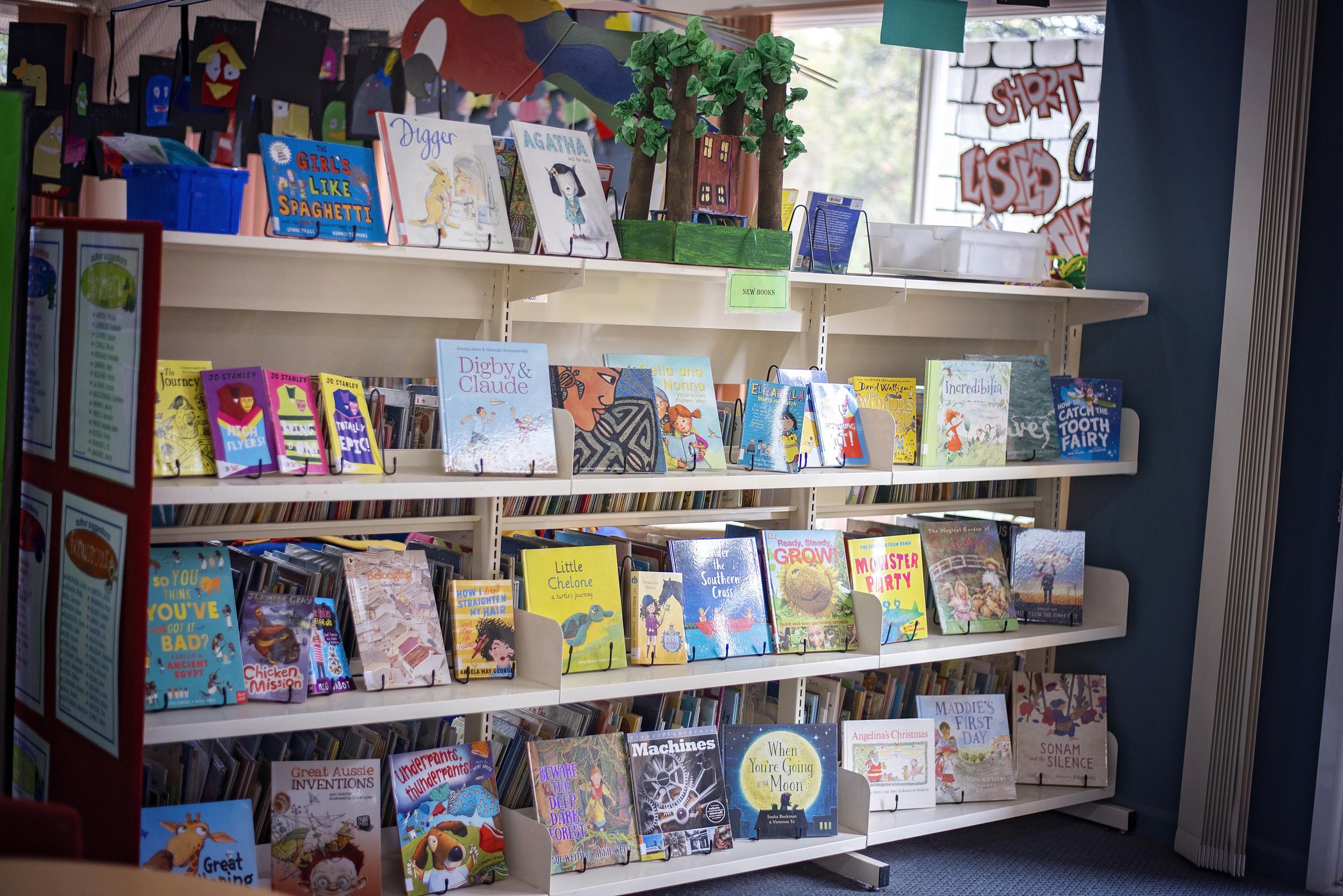Literacy

Helping with Literacy in the Classroom
Parent helpers are valued & encouraged in our School community. Assistance in the classroom contributes to the children’s learning.
Many parents assist in their child’s class at times designated by the class teacher. A roster is drawn up by the class teacher and distributed to parents. Please let your class teacher know if you are unable to make a session that you are rostered on for. Class teachers endeavour to inform you if changes are made to the timetable which may affect you.
WORKING WITH CHILDREN CHECKS-WWCC
If you are a regular helper assisting with Literacy activities at Rangeview you will need a WWCC. If you have completed the WWCC please make sure you have shown your card or receipt at the school office.
When you arrive at school to help…
Sign In- Please log in as a helper at the School office when you arrive.
HOME READING PROGRAM
During your reading time with the children you will be assisting children in choosing a new book, introducing the book and hearing the child read some of the new story. The children will be at different stages in reading development. Always be positive about the children’s attempts and praise wherever possible.
Beginning Readers
-Look at the front cover & talk about what the book might be about.
-Read the story together & discuss the pictures. Beginning readers rely on pictures.
-Show the child how to follow the text with their finger.
-Encourage a have ago approach to difficult words and then tell the child the word.
Early Readers
-Look at the front cover & talk about what the book might be about.
-Encourage child to follow the text.
-Encourage child to predict.
-The child should be taking notice of punctuation so they can read pause at appropriate spots.
Developing Readers
-Children can be encouraged to self-correct if they make a mistake.
-Work out words using the story line, picture and sounds in the word.
-Encourage the child to use expression.
-Encourage the child to back-up and re-read if the story doesn’t make sense.
Fluent Readers
-Encourage good expression.
-Discuss unusual words, especially in non-fiction.
-Talk about the story line, characters and information.
TIME
You won’t be able to do everything. These are some tips. You will come to know how much assistance and prompting to give individual children. There are some children who do not read at home.
Prompting in reading & Correcting mistakes
As children develop in reading they will use more reading strategies. You can encourage the children to use appropriate reading strategies by asking questions.
When children are reading and make an error you could try the following prompts. Remember to give a little time for the child to self-correct their error. You could ask the child to try that again.
Reading is about meaning – we expect what we read to make sense.
You could ask-
Does that make sense?
If the mistake makes sense, as in a misreading of house for home, let the child continue to the end of the sentence. Then go back and ask “What word is that?”
If the child makes an error with grammar you could ask-
Does that sound right?
The word must then match the letters on the page-
Does that look right? Draw the child’s attention to the word.
HELPING WITH LITERACY LEARNING TASKS
Class teachers organise the learning activities and materials. Class helpers then follow the teacher’s instructions as they supervise and guide individuals and small groups of children learning activities. Class helpers may be listening to children read their ‘just right’ books during independent reading time.
Supervising Small Groups – some tips
- Ensure children understand the task- rephrase, ask a child to explain the activity
- Know the aim of the activity and continually ask the children to tell what they are learning.
- Pause – wait for answers
- Give a prompt- How will we do this?
- Encourage the group to stay on task
- Remind group to keep noise at minimum. Do not talk over the children. If you are talking, they must listen. One person speaks at a time.
- Model social courtesies
- Control of the group is important. If you have difficulties speak to the classroom teacher.
- Time watch
- Give praise –that’s great, well done, terrific work.
- Extend understandings and vocabulary
- Use open-ended questions
- Children must pack up & respect the materials
- Keep an eye on the time so that all children have a chance to contribute in the activity. The children usually rotate activities every
15 – 20 minutes.
Managing a small group
- Stop and restate the rules for the group if necessary.
- One person speaks at a time.
- Children should not touch the equipment until you have established the task.
- Draw attention to good behaviours, say – I like the way that John is taking his turn.
- Ask for help from the teacher if you are unsure.
